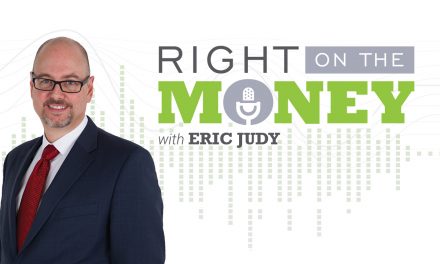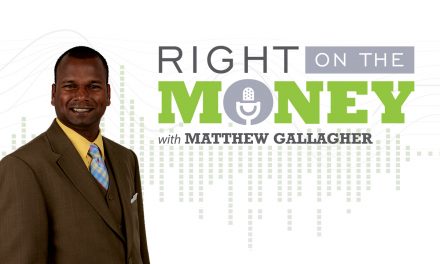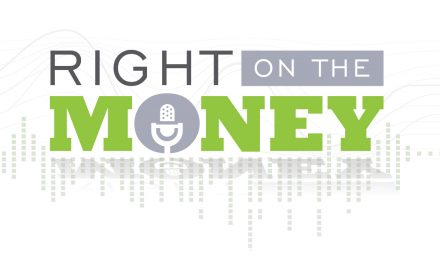Retirees anticipating a “cruise control” lifestyle must often navigate transitions instead.
Savers with retirement dreams based on annual retirement account statements can lose sight of their real worth. Taxes are the biggest expense in retirement, and 401(k) accounts are laden with deferred taxes that ultimately must be paid. Seemingly opposite of traditional 401(k) preservation goals are conversion strategies that can deliver income and greater long-term value. Watch the interview with Bryon Spicer.
While often a time of fruition, retirement for many can instead be a time to confront and resolve misperceptions. Those who dreamed of a little free time, now have more than they can handle. Others are so busy that they can’t believe that they earlier had time for a career. Financially speaking, and perhaps ironically, many savers come to realize that their 401(k) accounts aren’t all that they had led themselves to believe.
Misperception: I have my annual statement, and the money’s all mine.
Reality: Uncle Sam gets a cut, and maybe a lot. While portions of paychecks were steadily stashed away over decades, the ballooning balances grew tax-deferred, not tax-free. Distributions are taxable, and behave much different than accumulation.
Misperception: I’ll do best by taking out a little at a time to help meet expenses.
Reality: It may be better to take more out sooner than later, pay the tax burden, and convert the remainder into vehicles that deliver truly tax-free or tax-exempt income.
Misperception: If I take out less money than I need, I’ll have more for later.
Reality: If required minimum distributions (RMDs) are not fully taken beginning at age 70 ½, a 50% tax penalty will be levied on that year’s undistributed remainder. A $5,000 distribution against a $20,000 RMD may render a $7,500 tax penalty.
Conversion opportunities for 401(k)’s into income producing, tax-free or tax-exempt vehicles include insurance products that are not subject to stock market volatility. Fixed index annuities can deliver guaranteed lifetime income without risk to the principal, and account crediting based on common indices like the S&P 500. Cash value life insurance can produce an income stream that is not only tax-exempt, but does not count against the provisional income threshold for Social Security calculations. Restrictions apply, and the policy must endure for the insured’s life.
Aspiring or current retirees may best be served in these matters and others by a bona fide retirement plan. With help from a qualified professional, common issues that pose a threat to retirement dreams can promptly be addressed.
Syndicated financial columnist Steve Savant interviews top retirement specialists in their field of expertise. This segment features retirement specialist Bryon Spicer Right on the Money is a financial talk show distributed in daily video press releases to over 280 media outlets and social media networks.





